Italy Researchers have discovered two skeletons of victims killed by a wall collapse during the earthquake that accompanied the eruption of Mount Vesuvius in 79 AD.
Archaeological team excavated the remains of two men. Video: IFL Science
The two latest victims were discovered during a recent excavation by the Insula dei Casti Amanti project at the Pompeii Archaeological Park, south of the city on the Italian coast. The remains were found beneath a wall that collapsed during an earthquake linked to the eruption. Archaeologists working on the project believe the skeletons belong to two men at least 55 years old. Alongside the skeletons were a collection of artifacts, including silver and bronze coins and five glass objects that may have been beads from a necklace. The team also found traces of organic material, suspected to be textile wrappings, IFL Science reported on May 16.
Experts suspect the two men died side by side from injuries sustained in the powerful earthquake that accompanied the volcanic eruption. The ancient Roman city of Pompeii was destroyed in 79 AD when Mount Vesuvius erupted, killing thousands of people in the city and many nearby towns such as Herculaneum, Oplontis, and Stabiae.
The team speculates that the eruption began in the morning after a series of small tremors that went largely unnoticed by locals. By midday, a massive eruption column formed, spewing volcanic rocks and hot gases into the stratosphere. Debris fell to the ground below, pummeling homes for hours. Meanwhile, earthquakes rattled the city, contributing to the death toll.
After the initial phase, a series of pyroclastic flows flowed down the mountainside, flooding the city with hot gas and volcanic material. It is estimated that at least 15-20% of the city’s population died during this phase, suffocating from the hot ash and gas. After about two days of intense volcanic activity, the debris completely “swallowed” the city and its inhabitants, covering everything under a giant layer of ash that remained intact for more than 1,000 years.
According to the research team, the latest discovery reveals the extent of the human tragedy that occurred during the event. "Modern excavation techniques allow us to better understand the inferno that completely destroyed the city of Pompeii in two days, killing many of its inhabitants, including children, women and men. Through analytical methods, we can get closer to the final moments of the dead," said Gabriel Zuchtriegel, director of the Pompeii Archaeological Park.
An Khang (According to IFL Science )
Source link


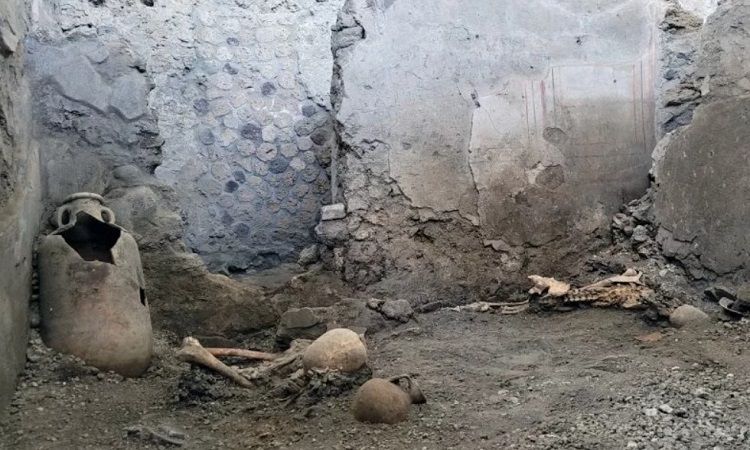




























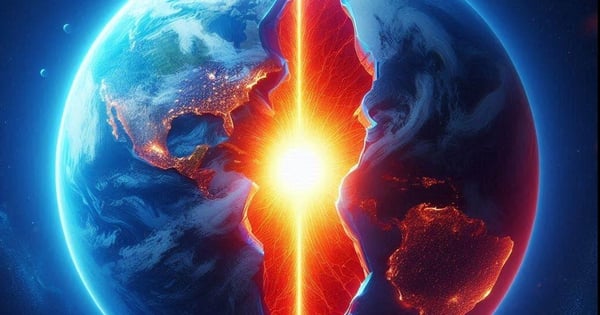



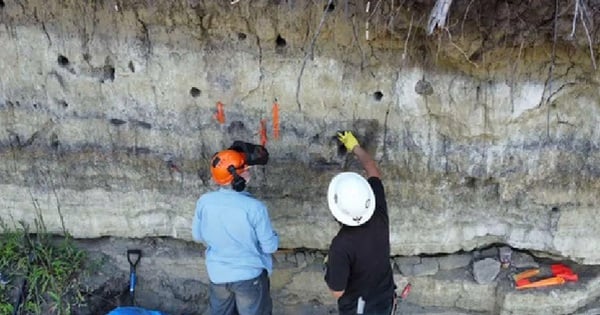
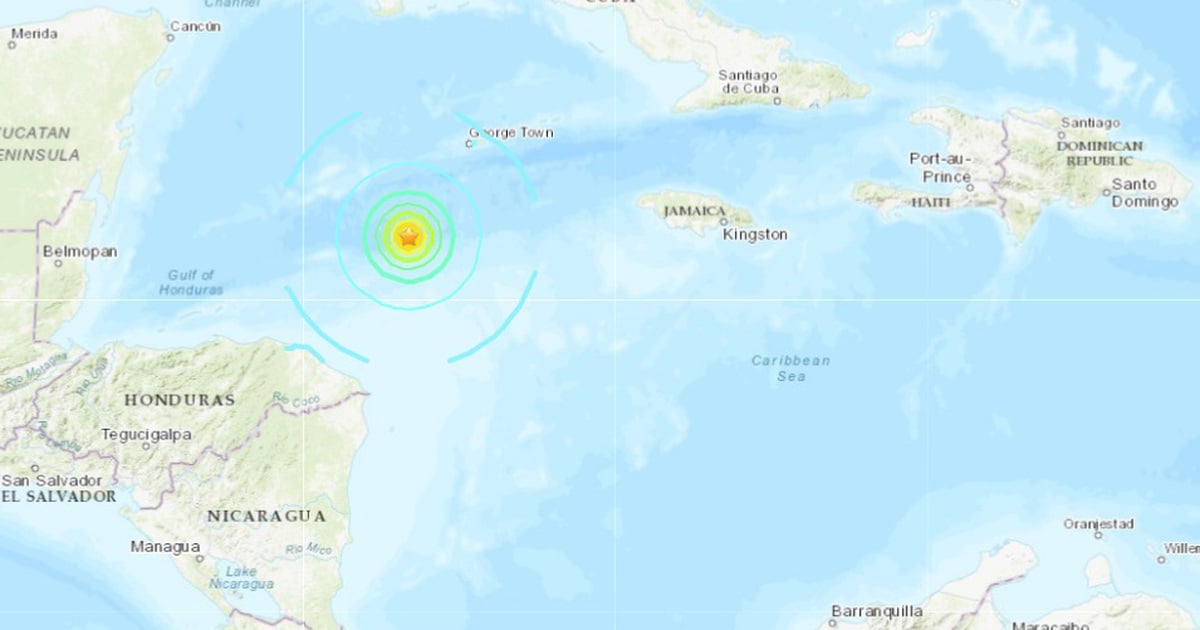

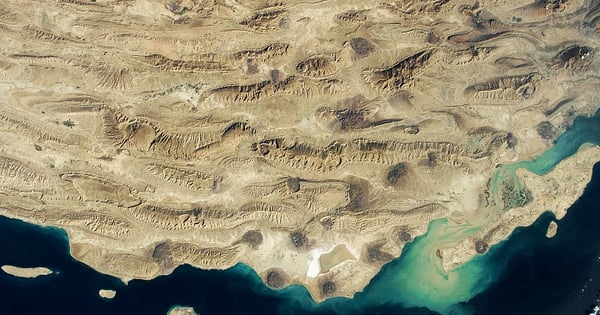
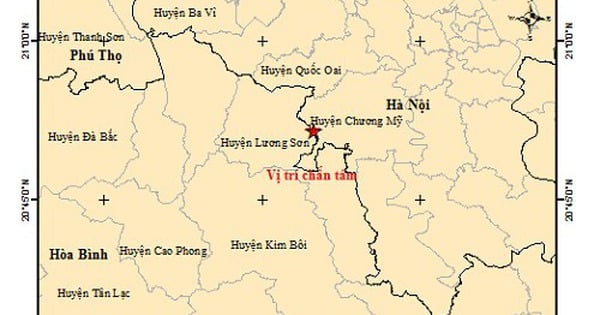




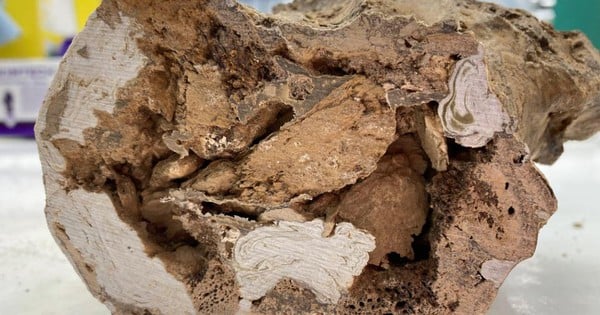
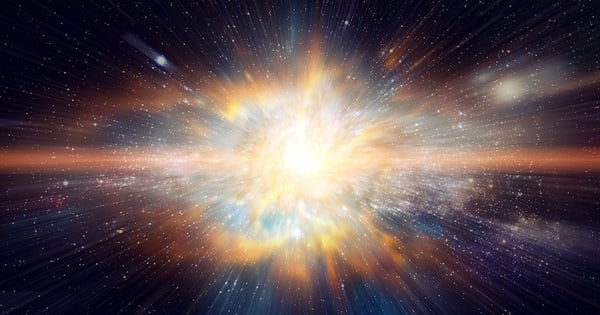
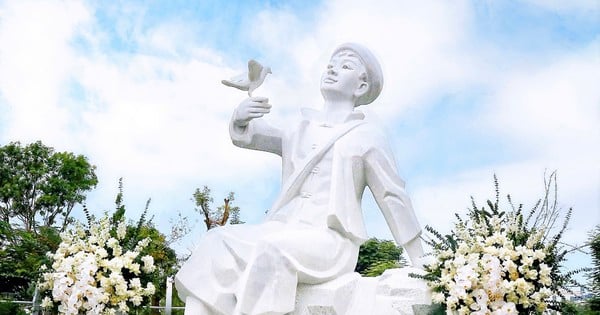





















Comment (0)